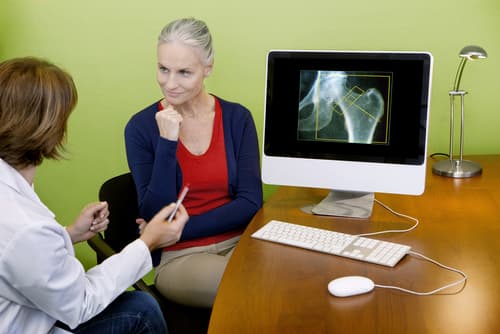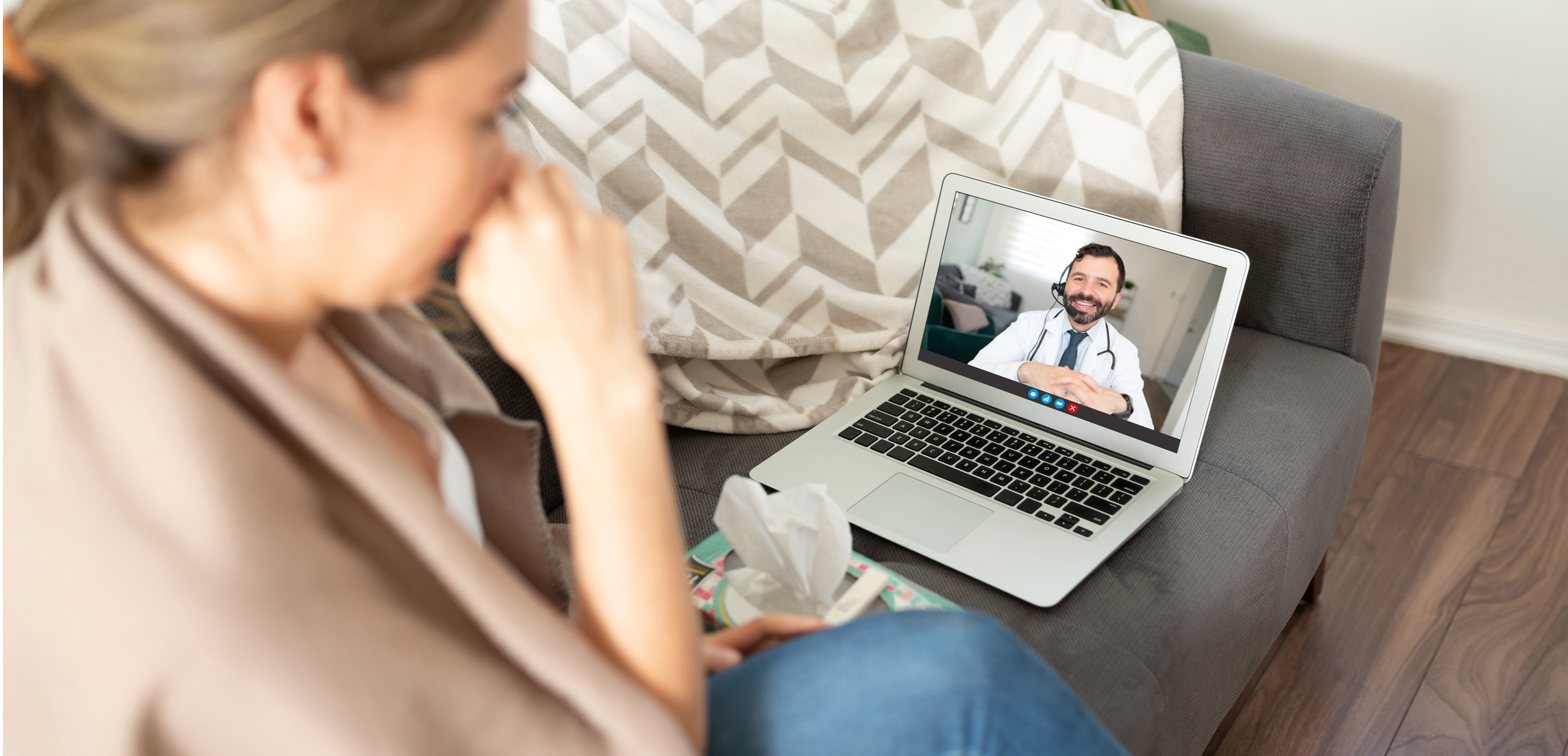
Why Women Should Monitor Bone Density
Monitoring bone density is essential for women of all ages and here's why.
When it comes to health, many women prioritise aspects like heart health, weight management, and mental well-being. However, one crucial aspect that often goes unnoticed is bone health. Monitoring bone density is essential for women of all ages and here's why.
Osteoporosis Risk
Osteoporosis, often called the "silent disease," is a condition that weakens bones, making them fragile and more prone to fractures. Women are at a significantly higher risk of developing osteoporosis than men, especially as they age. In fact, postmenopausal women are particularly vulnerable due to hormonal changes that affect bone density. These osteoporosis-related fractures can occur at any age. A simple fall or minor injury can result in fractures that take longer to heal and may lead to mobility issues or chronic pain. Monitoring bone density can help identify the risk early and take preventive measures.
Early Detection
Bone density testing, also known as a DEXA scan, is a painless and non-invasive procedure that measures bone mineral density. Regular testing can detect bone loss before it becomes severe. Catching it early allows for timely intervention to prevent further deterioration.
Prevention is Key
Monitoring bone density isn't just about detecting problems—it's also about preventing them. Lifestyle changes, such as a balanced diet rich in calcium and vitamin D, regular weight-bearing exercise and avoiding smoking and excessive alcohol consumption, can help maintain healthy bones.
Medication Options
In some cases, especially for women at high risk of osteoporosis, healthcare providers may recommend medications that can help strengthen bones and reduce fracture risk. Early detection through bone density monitoring allows for timely discussions about medication options.
Bone health isn't just a concern for older women. Building strong bones during childhood and maintaining them through adolescence and adulthood is crucial. As we age, women should be mindful of the need for regular Dexa scans to monitor their bone density. Bone strength wards off debilitating fractures and reduced independence. Talk to your doctor to help you decide which and at what age preventive health checks like dexa scans, mammograms, pap smears and cholesterol checks should become part of your annual routine check up.
Note: The content in this blog is for informational and educational purposes only and is not intended as a substitute for professional medical advice, diagnosis, or treatment. Always seek the advice of your doctor or qualified healthcare provider with any questions you may have regarding a medical condition or treatment.


